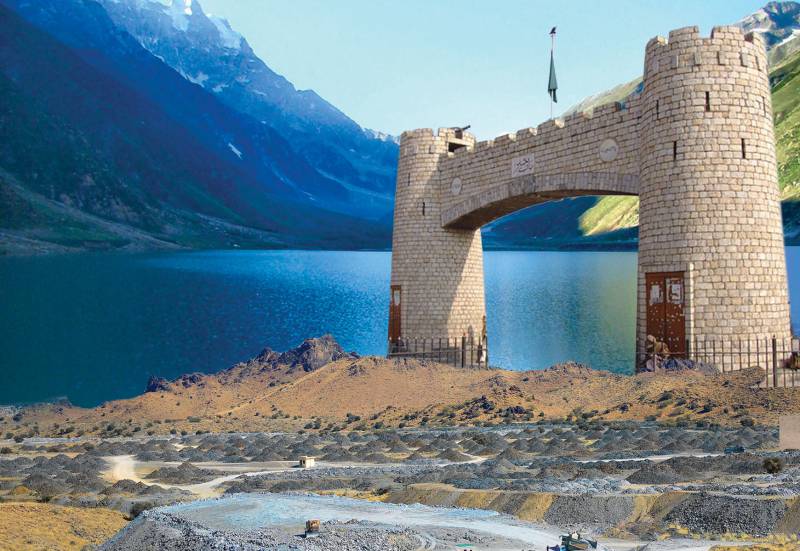
Peshawar, the gateway to the Khyber Pass, is a city steeped in history and culture. From its vibrant bazaars filled with centuries-old crafts to iconic landmarks like the Qissa Khwani Bazaar and Mohabbat Khan Mosque, Peshawar offers a unique and enriching cultural experience. Yet, the city’s rapid urbanisation, inadequate waste management systems, and air pollution have overshadowed its potential to become a hub for eco-tourism and environmental renewal.
The challenge for Peshawar lies in finding the delicate balance between preserving its rich heritage and fostering environmental sustainability. Addressing this dual goal demands innovative approaches and long-term strategies.
One of the most urgent issues plaguing the city is waste management. Overflowing garbage dumps, lack of proper recycling facilities, and open waste burning contribute to deteriorating air and water quality. Investing in community-driven recycling programs, waste-to-energy plants, and composting initiatives can alleviate these mounting waste problems. Additionally, creating partnerships with local businesses and startups to develop circular economy models can reduce landfill dependency while creating economic opportunities.
The eco-tourism potential is another promising avenue for Peshawar's revival. Leveraging its cultural and natural assets—ranging from historic sites to the lush greenery surrounding the city—Peshawar can position itself as a sustainable tourist destination. Carefully planned eco-tourism can drive economic growth while fostering environmental responsibility, attracting both domestic and international tourists. Sustainable tourism practices, such as eco-lodges and guided nature walks, can showcase the city’s beauty while minimising its ecological footprint.
Public outreach campaigns, leveraging both traditional media and social platforms, can educate citizens about the importance of proper waste disposal, conservation practices, and the benefits of eco-tourism
With a renewed focus on greenery and sustainability, Peshawar has the potential to transform into a "city of Taza Guloona" (fresh flowers and greenery), symbolising renewal and vitality.
Grassroots initiatives and civil society organisations, such as the Peshawar Clean Air Alliance and Sarhad Conservation Network, are already laying the groundwork for environmental reform. Their work in raising awareness and implementing local solutions is commendable. However, these efforts require robust support from the government, private sector, and international donors to ensure scalability and sustainability.
A renewed focus on green infrastructure is also critical. Expanding parks, initiating large-scale tree plantations, and integrating urban greening projects can significantly enhance air quality, reduce urban heat, and provide essential recreational spaces for residents. A "Green Peshawar Initiative" could be launched to unite government bodies, civil society, and private entities in a collective mission to make the city greener and more livable.
Education and awareness campaigns are indispensable for fostering a culture of environmental responsibility. Schools, colleges, and universities must integrate environmental education into their curricula, empowering the younger generation to become stewards of sustainability. Similarly, public outreach campaigns, leveraging both traditional media and social platforms, can educate citizens about the importance of proper waste disposal, conservation practices, and the benefits of eco-tourism.
As the saying goes, “It takes a village to raise a child.” Similarly, it will take collective commitment and collaboration to transform Peshawar into a model city for sustainability. Residents, policymakers, businesses, and international partners must come together to implement holistic solutions that honor the city’s heritage while securing its environmental future.
By embracing eco-friendly practices, nurturing its cultural wealth, and prioritising environmental resilience, Peshawar can emerge as a shining example of sustainable urban development. The journey may be challenging, but with shared determination and action, Peshawar’s potential as a beacon of eco-tourism and environmental renewal can be realised—ensuring its legacy for generations to come.

